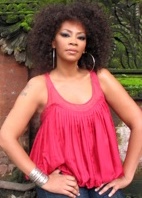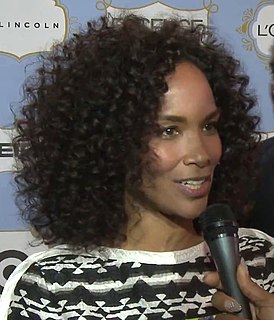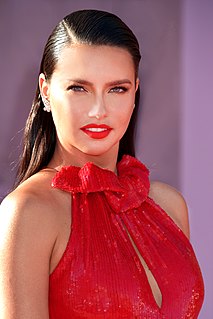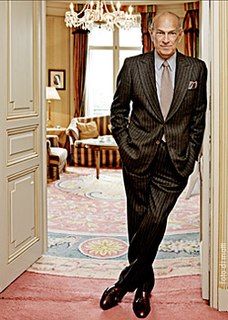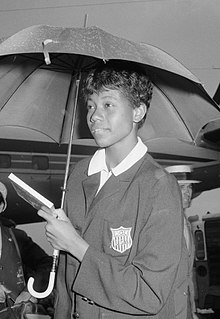A Quote by Mickalene Thomas
Beauty has always been an ?element of discussion for black women, whether or not we were the ones having the conversation?. Out of necessity, black women have always had to consider others' perceptions of a certain beauty ideal, just starting with the skin color.
Related Quotes
There are many things that black women can continue to do to help black folk. First, black women have historically been among the most vocal advocates for equality in our community. We must take full advantage of such courage by continuing to combat the sexism in our communities. Black women, whether in church, or hip-hop, don't receive their just due. Second, when black women are in charge of child-rearing, they must make ever so sure to raise black children who respect both men and women, and who root out the malevolent beliefs about women that shatter our culture.
Brown people and black people and red people swarmed through our great halls, until those who were white looked simply faded-out human beings beside them. Indeed, I came to see that white is not a color in skin any more than in textiles, and if it had not quality, it had no value even for humanity. I saw that color in skin had a certain advantage in strength and warmth as a means of beauty.
Radical militant feminist believes that women of color and Black women in particular have written the cutting edge theory and really were the individuals who exploded feminist theory into the directions that has made it more powerful. So I see us as the leaders not just of Black people and Black women in terms of feminism but in terms of the movement as a whole.
To her credit, Madam Walker discerned that black women wanted to conform to white Victorian models of beauty. She was aware of the double- sidedness of her products - helping black women appear more European in look, with straight hair - but she always maintained that she was simply selling products that promoted hair growth.





